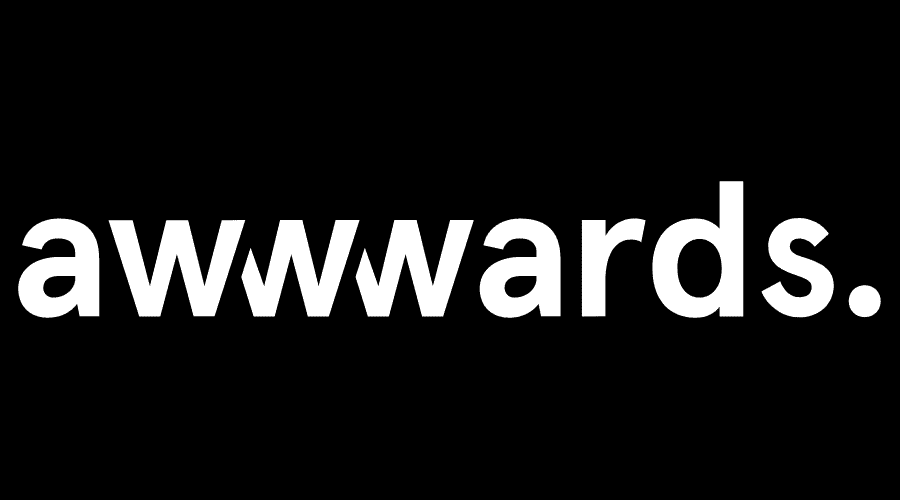Having taken what it can from our hours spent glued to a screen, Meta (nee Facebook) has found its next opportunity in glueing the screen to us.
The Zuckerberg empire as it stands currently – with Meta encompassing Facebook, Instagram and WhatsApp among others – has reached its saturation point. The company now faces a forecasted decline in audience, which casts a far darker shadow than any whistleblower or data scandal.
Lining that cloud is virtual reality (VR).
As other platforms stagnate, the VR market is set to more than double over the next three years – and Facebook has been preparing for this boom for some time.
In 2014, they purchased Oculus, the crowdfunded VR headset company.
The next year, Oculus bought the 3D mapping company Surreal Vision and in 2016 they added the eye-tracking startup The Eye Tribe to their repertoire.
For its final act, Oculus was absorbed into Facebook Technologies LLC in 2018.
Last month, it was finally time for Facebook to show us what it had been planning all these years.
In his Keynote for Facebook Connect 2021, Zuckerberg wanders from space to space in his virtual home (think floor to ceiling windows, vast backdrops of mountains rolling down into the sea), and explains the company’s vision. It’s a world where, through augmented and virtual reality,we can truly connect.
That’s right, it’s time to put those screens away and spend more time together. On the internet.
What does metaverse mean?
According to the tech giant, it’s “technology that’s built around people and how we actually experience the world and interact with each other”.
The only problem with the way we’ve actually been experiencing the world before now, it seems, is that it couldn’t be monetised.
That Facebook makes its money through ad revenue is widely known – and the company is open about it.
In a famous exchange after the Cambridge Analytica data breach, Zuckerberg was asked how Facebook sustained a business model in which users don’t pay for its services. Delighted, he replied “Senator, we run ads”.
To suppose that the metaverse will be any different is an optimistic take; the opportunities to drive revenue in a virtual or augmented reality setting are more or less endless.
What’s more, it’s inadvertently adapted to the post-pandemic world we live in now.
What is the use of metaverse?
Traditional outdoor advertising, having already been pushed aside by its digital counterpart, has gone through another upheaval at the hands of the pandemic. As hybrid working becomes the norm, outdoor ads, designed for commuter eyes, are going unseen.
But augmented reality (AR) – that is, a digital overlay on a real-world setting – might be the antidote.
On a mass market level, AR devices have the potential to breathe new life into traditional outdoor media. They present the opportunity to put things like notifications, map pins or holograms in front of potential customers, via headsets resembling a normal pair of glasses, or even a car windshield.
Unlike traditional media, it does all this at the individual level. Two people in the same location might see two different ads – in exactly the same spot.
For marketers, digitising outdoor media this way makes ad spend and return on investment measurable where it hasn’t been before.
Facebook knows this.
What is Facebook’s metaverse?
And as Zuckerberg invites his audience to imagine “a future where everyone can be present with each other”, he’s also making a quiet promise to media buyers: I’ll get you your customers.
But in calling on creators and developers to come forward and “make this real”, Zuckerberg highlighted a reality to the audience: right now, none of it exists.
The concept of vaporware – fantastical ideas with no concrete product underpinning them – isn’t new to tech, though it is somewhat outdated.
Knowingly or not, this was presented as an opportunity. Publicising something so new so far in advance gave Zuckerberg the opportunity to bring regulators into the discussion early (or at least appear to).
Grandstanding or not, this can only be a good thing.
If the metaverse does take off, its unknown nature comes with a set of unknown problems. Doing the necessary research into what these might be ahead of time will help protect users and increase the likelihood that participating is a positive experience.
While Zuckerberg lays on the ‘connection’ aspect pretty thick, the value of being able to spend time with loved ones across the world in a more realistic way can’t be understated. Nor can the opportunity for people to visit places they might not otherwise get to, or join communities that bring more meaning to their lives.
Naturally, it brings up some questions too.
Within the metaverse, the things you ‘own’ are all digital assets that Zuckerberg encourages creators to make for users to buy.
This concept has already been explored in video games and apps, but as they enter this new lifelike realm, users who seek to create a more desirable reality by purchasing intangible objects are at risk of exploitation.
And in a nod to the importance of checking out every now and then, Zuckerberg explains “you’ll get to decide when you want to be with other people or when you want to take a break” – at which point you can “teleport to a private bubble to be alone.”
It seems even when you don’t want to connect, it’s important to stay connected.




















































